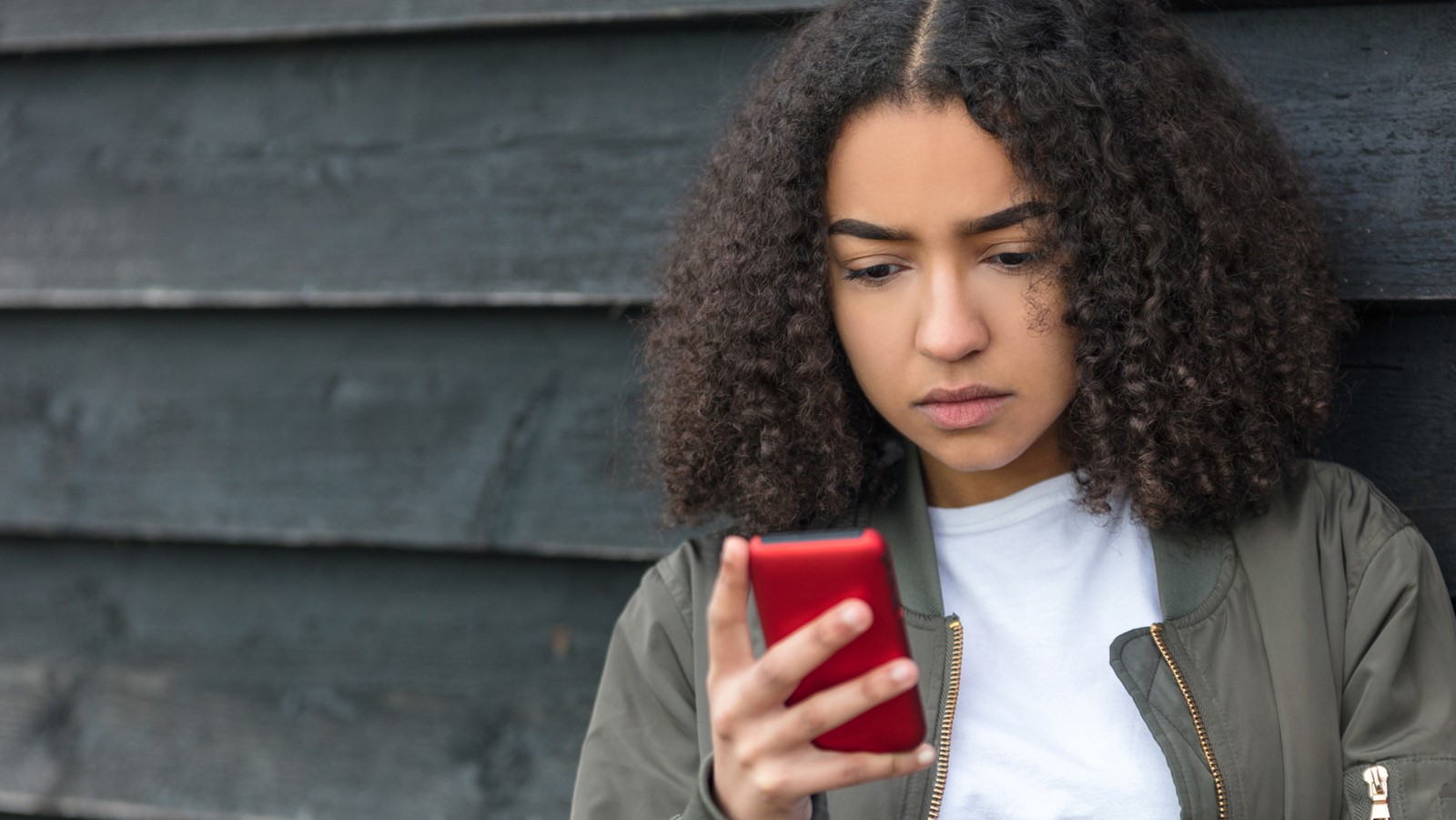Forty per cent of social media users say their mental health has been negatively affected by the online platforms, our new research has found.
Our survey, which was carried out by YouGov, found that only 12 per cent said social media had a positive impact on their mental wellbeing.
Forty-one per cent of social media users said it creates an overwhelming pressure to succeed and 17 per cent worried they would never be as happy as people they see on social media.
The survey also discovered that almost a quarter of social media users (24 per cent) felt harassed by their phone alerts to notify them of emails and updates, while 14 per cent said their emotional health suffered because they never ‘switch off’ from social media.
Relentless
Jo Holmes, BACP children, young people and families lead, said: “For many people, social media can provide a sense of belonging, of not being isolated or alone.
“But it can also be relentless, with little opportunity to switch off. It can feed into our worries and concerns and intensify them.
“We need to be able to allow ourselves to opt out to protect ourselves from the many emotions that are rapidly evoked over short periods of time while using social media.”
BACP’s Public Perception Survey also found that 81 per cent of the UK population worry about the negative effect of social media on the mental health of children and young people.
Confusing
Jo added: “Love it or loathe it, there is no doubt social media plays a huge role in the lives of children, young people and families. It has changed the landscape of our relationships, including family life.
“Many of us can move from elation to despair in seconds, this is confusing enough for adults, but is even more so for children and young people who are still developing that sense of self and working out how they fit in.
“Social media can also create opportunities, so it is about finding that balance and educating ourselves and our children about the potential dangers.”
The survey found that 83 per cent of people in the UK are concerned about cyber-bullying on children, 81 per cent were worried about who young people are talking to online and 79 per cent about how much time children spend on social media.
Bullying
BACP member Chloe Goddard Mcloughlin, of Ranmoor Therapy in Sheffield, said: “Bullying used to take place outside the home but now it is more invasive because it can happen in their safe zone, when they are at home.
“It’s important for parents and guardians to understand what their child is doing. You wouldn’t let your child speak to a stranger in the street, so why would you let them speak to someone they don’t know online?”
Chloe added: “If young people are spending hours and hours online, it’s time they might be spending with family and friends and a sign they are not engaging. It would be a worry to any parent.
“My advice would be to make sure there are opportunities to talk about how they might be feeling.”
Opportunities
Claudia Slabon, is a BACP member and chief executive of Service Six, a BACP-accredited young people’s counselling service based in Wellingborough, Northamptonshire.
She said: “The internet and social media bring dangers and risks, but so do the real world as well. Even if your child goes down the park they can meet someone who is up to no good.
“But the internet brings a lot of opportunities for learning, for employment and creating great networks.
“There is a balance, and it’s about educating young people to stay safe in the online world in the same way as you would when they walk to school for the first time or go down to the park on their own.”
Visit the Find a Therapist section of the BACP website to find a BACP-registered counsellor or psychotherapist near you.
